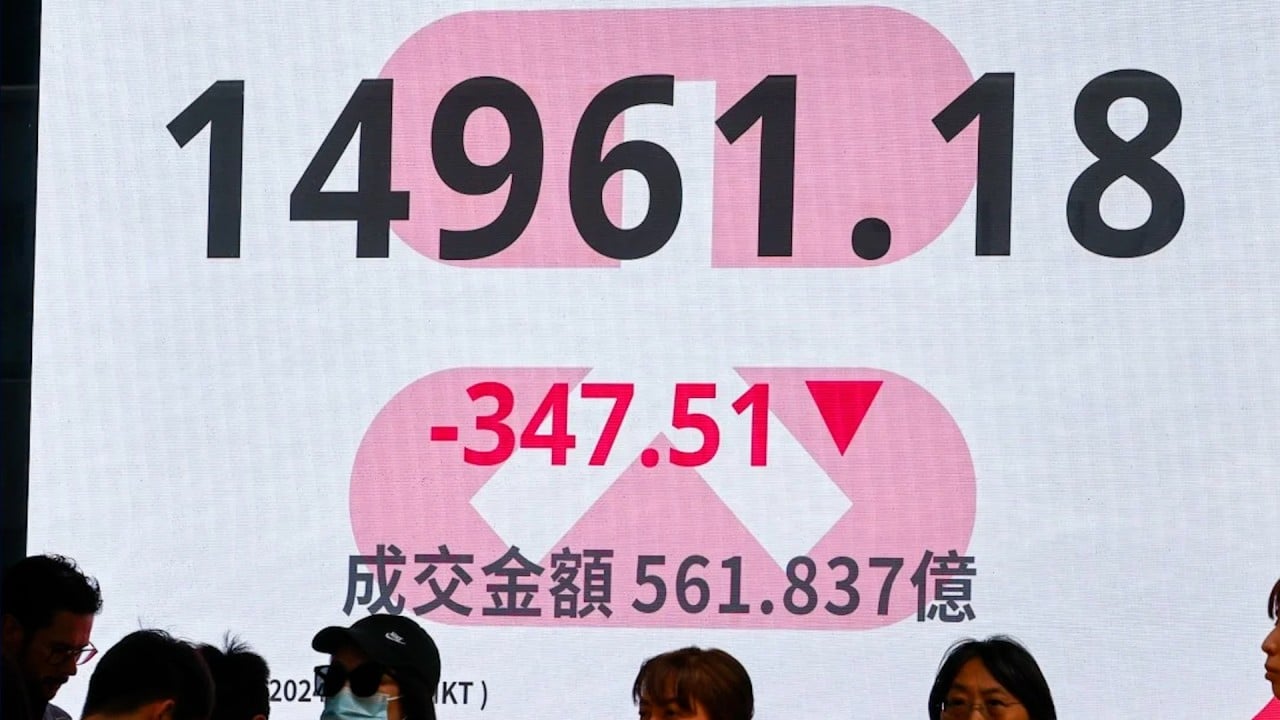Advertisement
Opinion | Here’s how corporate leaders can boost Hong Kong’s moribund stock market
- More aggressive share buy-backs and insider buying – more common in the US – will mop up undervalued shares, instil confidence and reward long-term shareholders
Reading Time:3 minutes
Why you can trust SCMP
4

After four consecutive years of decline, Hong Kong’s benchmark Hang Seng Index has dropped to levels last seen in October 2022. Financial analysts are valuing it at just 7.6 times the expected earnings this year, compared to 20.4 times for the S&P 500 in the US. Hong Kong is now one of the cheapest stock markets in the world, ranking alongside Colombia (6.6 times) and Argentina (7.6 times).
Such low valuation levels normally attract “value” investors from across the globe. But despite these deep discounts on offer, global investors have continued to lower their bids for blue chip Hong Kong stocks this year due to an array of fears about China’s property price declines, geopolitical tensions with the US and around Taiwan, and Beijing’s crackdown on private entrepreneurs.
The Hang Seng Index dropped a further 9 per cent in January despite rosy comments by China’s premier to the global business elite in Davos and the central bank chief promising interest rate cuts and stimulus.
So, what’s wrong with the Hong Kong market? Compared to the late 1990s, Hong Kong companies have stronger balance sheets, greater global competitiveness, and a more stable currency regime. Looking at the 850 largest companies in Hong Kong, our analysis reveals that about half have more cash than debt and the majority (67 per cent) remain profitable.
Looking ahead, Hang Seng Index companies are projected to grow their earnings by more than 9 per cent this year. Forty companies have a negative “enterprise value”, which means their market capitalisation is less than the value of their net cash. In essence, investors are saying Hong Kong companies are worth more dead than alive.
Hong Kong’s corporate leadership should take advantage of this market pessimism to reward both long-term shareholders and themselves. The strong balance sheets of local companies, many of which are family-controlled, provide ample ammunition to turn their excess cash into strong returns. At times of market turbulence, investors want leaders who can take advantage of volatility and allocate capital to create value.
Advertisement

